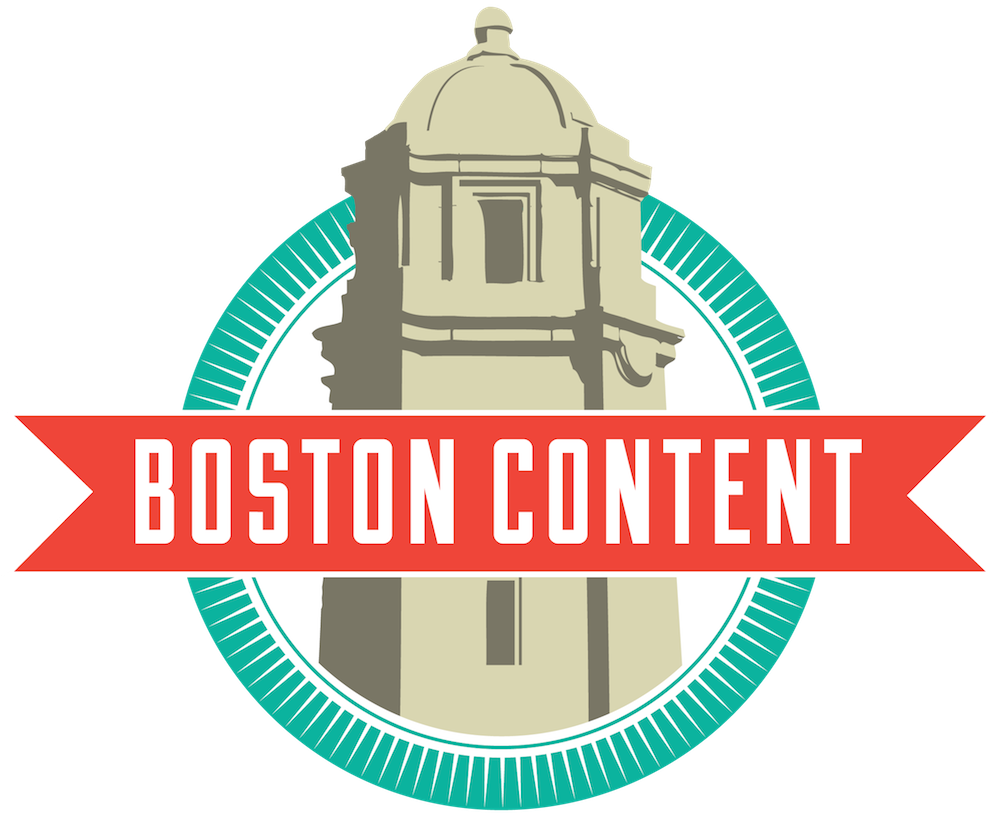Katie Burkhart is an analytical cross-connector and purpose-driven strategist simplifying big ideas into actions. She's the founder of KBurkhart & Co. and Illumyne. You can follow Katie on Twitter @KatieAnalyzes, read her posts on Medium, and subscribe to her newsletter to have content sent right to your inbox.
A version of this article was originally published here.
I was taking a walk a few weeks ago on one of the rare sunny days we’ve had in Boston this fall. While crossing a busy intersection in the Financial District, I started to have a “wouldn’t it be great if…” conversation with myself -- not out loud of course, but in the way you chew on an idea while you’re enjoying the mix of commuters, college kids and selfie-taking tourists buzzing around you in the late afternoon.
This time I asked, “Wouldn’t it be great if a brand’s community were so excited about it that they actually wanted to participate in the story?”
I immediately drew a connection to fan fiction. In my spare time I write creatively. One of my goals is to have someone love my story so much, they want to write fan fiction about it. To me, that’s a massive accomplishment.
What if brands worked the same way?
Building a Community That Creates Content Together
The biggest reason to participate in fan fiction is probably the primary reason a brand would want to do the same thing — it builds a unique and dedicated community around a common interest.
Our society has become increasingly fractured and we seek out opportunities to bond over shared interests. While we can use that time to learn, we also want to exchange experiences and connect as humans who already stand on some common ground. One of the best ways to do that is to do something together.
I would be remiss if I didn’t tie in the issue of trust that underscores our work as content creators. According to marketing truth-teller, Katie Martell, as consumers, we don’t trust the media, we don’t trust businesses and we don’t trust CEOs: “As I wrote in a recent post, buyers don’t do business with companies they’ve never heard of, and brands they do not trust.”
So, who do we trust? As it turns out, we trust each other, especially those we see as peers.
When most brands go to create user generated content, they hunt down testimonials. Part of why I got into this thought experiment in the first place is that I have grown a little weary of this roundup. Yes, this content is valuable. Yes, you should have it. But if the only reason you want your customer to speak is because you want them to share how great they think YOU are, you’re a pretty egocentric friend.
To build the type of community I’m suggesting, the brand would have to give up some of its control and self-interest. It would need to focus less on what it wants from users and allow them to share what they’re actually experiencing, thinking and creating in all of its rough facets not just with the brand, but with each other.
Providing opportunities for an audience to create unfettered and undirected content might feel like a challenge to our role as content creators, as it means accepting that the content might not be as polished, as on-message or as neatly set up as we would make it out to be; however, the results could be hugely valuable and even critical as we move forward in a distrustful and decentralized world.
I like this idea. Now what?
The way to end a “what if” thought experiment is to pragmatically outline how it could come about.
Should you want to create something like this for your brand, the first step would be to determine what space or format you will give your users to create content and build their community. Is it suited to who they are as people and to the manner(s) in which they tend to communicate? Does it allow for true dialogue and interaction? Is there room for measures of privacy?
Bottom line: if it isn’t natural for them to participate, they won’t.
You then have to think about how the story of your brand, inclusive of the values you hold, the content you create, the actions you take, and the work that you do, builds a framework in which your community might want to participate. This comes down largely to being genuinely interested in all of the ways you provide value to that community, and to how authentic and transparent you are.
You will also have to set your goal. What do you plan to do with this content? Will you allow it to have a life of its own? Are you planning to steal snippets and share them elsewhere? Will you collect users’ contact details and send them solicitations?
I would strongly recommend you make this community about loyalty not about sales in every way possible. If you do plan to share anything as the brand, I would make sure that you communicate your intent up front.
Recruiting a moderator from the community may prove beneficial to both maintain the community and make it clear that this space is for them, not you.
Lastly, and most critically, remember that this isn’t about reviews. Your brand must realize that there’s more to user generated content than reviews of your product and short snippets of how awesome you are.
Creating this community is about giving your audience a place where they can share their stories and their lives in a way that matters to them — it isn’t about what you want from them.
---
While I do not expect this type of approach to work for every brand, it is time to get more imaginative and less prescriptive about how we share our story with our audience.
Please note the difference in my use of the word share: it’s not share as in to tell; it’s share as in to enjoy with others, and to have in common.
People have a great deal of agency in today’s digital world and are looking for a place to rally with like-minded peers around the things in their life that make it better, that challenge them, that cause them to see the world in a different way. Much like a good book or well-written character.
Fan fiction enables people to speak for themselves and to engage with the narratives given to them. They are not solely consuming, they are building on and informing the world around them.
Brands should be seeking ways to give people the space to plant their flag, gather and contribute. After all, your users are the main characters in your story.
(For a real life example, take a look at The Leaf Rakers Society.)


